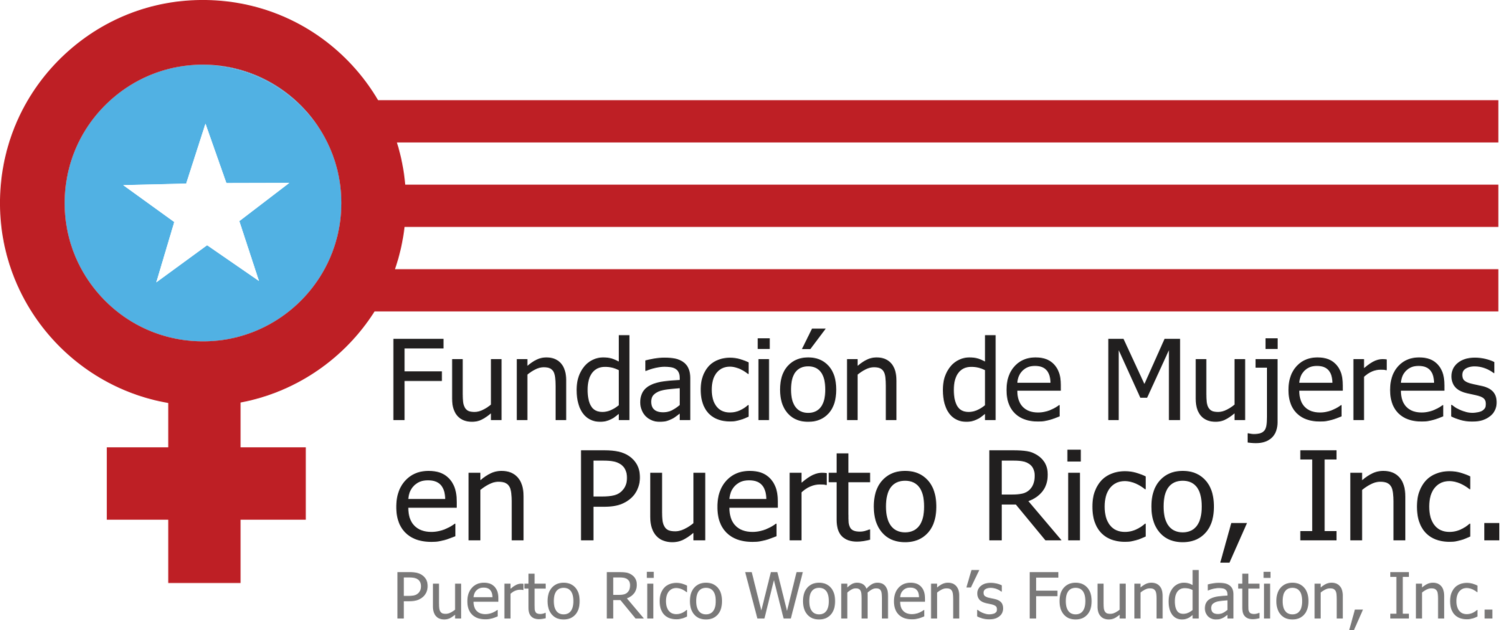FOOD SECURITY
How Women Shape Food Security in Puerto Rico
Puerto Rico faces significant challenges in food security, relying on imports for nearly 80% of its food supply. This dependence leaves the archipelago highly vulnerable to global crises, natural disasters, and economic fluctuations. In this context, recognizing and strengthening the role of women in local agriculture is essential—not only as a strategy to improve food security, but also to advance gender equity.
These initiatives have allowed women not only to participate more actively in agricultural production, but also to lead sustainable farming projects that contribute to the economic and social development of their communities.
In Puerto Rico, promoting gender equality in agriculture can have a transformative impact. Women are often responsible for food and nutrition within their households, meaning their empowerment in agriculture directly improves access to healthy food for families and communities. Research has also shown that when women have greater control over resources and agricultural decisions, households benefit from more diverse diets, better child health outcomes, and stronger resilience in the face of food crises.
In response, powerful women-led movements have emerged, advancing food sovereignty as a pathway to justice and resilience. Across these islands, women have been at the forefront of creating community gardens, agroecological farms, self-sustaining kitchens, and local food distribution networks. These initiatives provide fresh and healthy food while also reinforcing community, autonomy, and dignity.
Spaces such as La Colmena Cimarrona in Vieques and Mujeres de Islas in Culebra are building food security models that integrate ancestral knowledge, popular education, and agroecological practices. Their work includes mobile markets, youth training in sustainable agriculture, community education projects, and solar-powered kitchens that not only feed people, but also organize, care for, and prepare communities to respond collectively in times of crisis.
Pursuing food security in Vieques and Culebra cannot be separated from a feminist and decolonial perspective. Access to food is a human right, and on these islands, women are cultivating the alternatives to guarantee it—rooted in and for their communities. Their leadership is essential for envisioning and building a more just food future across Puerto Rico.
Women’s Participation in Puerto Rican Agriculture
For generations, agriculture in Puerto Rico has been dominated by men. Yet in recent decades, women have steadily expanded their presence in this sector, taking on roles that range from production to managing agribusinesses. Organizations such as the Asociación Agro-Mujer de Puerto Rico (founded in 2010) and the Asociación de Mujeres Agroempresarias de Puerto Rico (established in 2014) have been pivotal in this process, offering training and support to women farmers across the island.These initiatives have allowed women not only to participate more actively in agricultural production, but also to lead sustainable farming projects that contribute to the economic and social development of their communities.
The Importance of a Gender Lens in Food Security
Addressing food security from a gender perspective means acknowledging the inequalities women face in access to land, credit, training, and other resources. According to the UN Food and Agriculture Organization (FAO), women make up about 43% of the agricultural workforce in developing countries, yet own less than 20% of farmland.In Puerto Rico, promoting gender equality in agriculture can have a transformative impact. Women are often responsible for food and nutrition within their households, meaning their empowerment in agriculture directly improves access to healthy food for families and communities. Research has also shown that when women have greater control over resources and agricultural decisions, households benefit from more diverse diets, better child health outcomes, and stronger resilience in the face of food crises.
Vieques and Culebra: Cultivating Resistance
The island municipalities of Vieques and Culebra face even greater food insecurity than the rest of Puerto Rico. Their geographic isolation, unstable maritime transport, lack of continuous health services, and near-total dependence on imported food mean that any disruption in the supply chain poses an immediate risk to community health and wellbeing.In response, powerful women-led movements have emerged, advancing food sovereignty as a pathway to justice and resilience. Across these islands, women have been at the forefront of creating community gardens, agroecological farms, self-sustaining kitchens, and local food distribution networks. These initiatives provide fresh and healthy food while also reinforcing community, autonomy, and dignity.
Spaces such as La Colmena Cimarrona in Vieques and Mujeres de Islas in Culebra are building food security models that integrate ancestral knowledge, popular education, and agroecological practices. Their work includes mobile markets, youth training in sustainable agriculture, community education projects, and solar-powered kitchens that not only feed people, but also organize, care for, and prepare communities to respond collectively in times of crisis.
Pursuing food security in Vieques and Culebra cannot be separated from a feminist and decolonial perspective. Access to food is a human right, and on these islands, women are cultivating the alternatives to guarantee it—rooted in and for their communities. Their leadership is essential for envisioning and building a more just food future across Puerto Rico.
Women at the Center of Food Security
Strengthening food security in Puerto Rico requires a comprehensive strategy that places women at the center. This means ensuring equitable access to resources, training, and economic opportunities, while also recognizing and valuing their contributions to agricultural development and community nutrition. By integrating a gender perspective into food security policies and programs, Puerto Rico can move toward a food system that is fairer, more sustainable, and more resilient—benefiting the entire society.Plant the seed of change with your donation
Fuel the power of women and gender-diverse leaders in Puerto Rico—give today and help grow justice, equity, and resilience from the ground up.
DONATE TODAY!
FOLLOW US
NEWSLETTER
La Fundación de Mujeres en Puerto Rico se rige bajo el código 1101.01 del Departamento de Hacienda del Estado Libre Asociado de Puerto Rico y bajo el código de Rentas Internas Federal 501(c)(3). Nuestro número de identificación es 66-0931262. Toda donación es deducible de sus impuestos.
© 2025 Copyright Fundación de Mujeres en Puerto Rico, Inc.
Powered by WestCode, LLC




